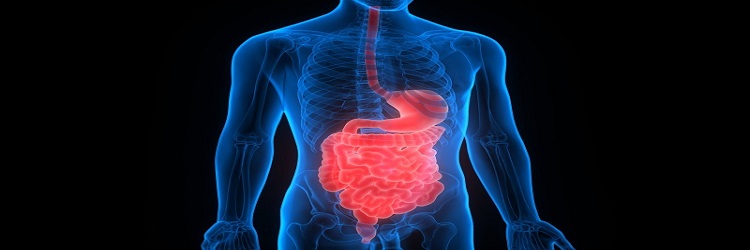
- Take A Call: 8668631550
- Email Us: info@carehomeoclinic.com
Service Detail
Services
Homoeopathy

Homoeopathy is a System of Alternative Medicine
Neurology

Neurology is a branch of medicine dealing with disorders of the Nervous System.
Dermatology

Dermatology is the branch of medicine dealing with the skin, nails, hair and its diseases.
Diabetology

Diabetology is a branch of medicine which deals with the diagnosis and treatment of Diabetes and Diabetologists are physicians who diagnose and treat patients with diabetes.
Gastroenterology

Gastroenterology is the branch of medicine focused on the digestive system and its disorders.
Endocrinology

Endocrinology is a branch of biology and medicine dealing with the endocrine system, its diseases, and its specific secretions known as hormones.